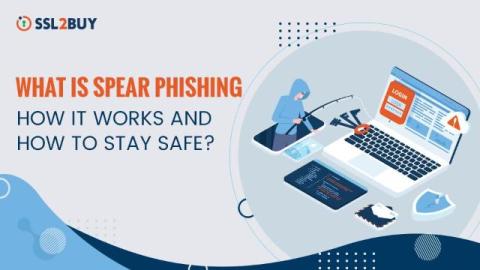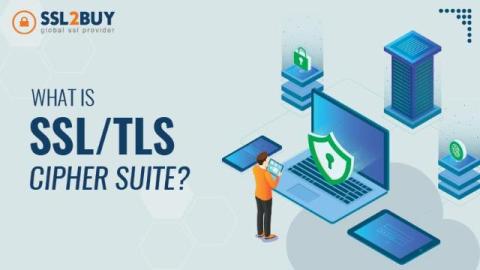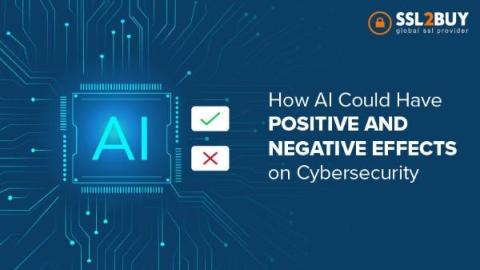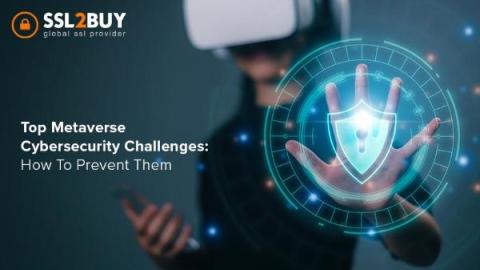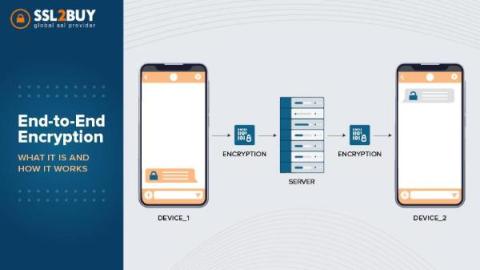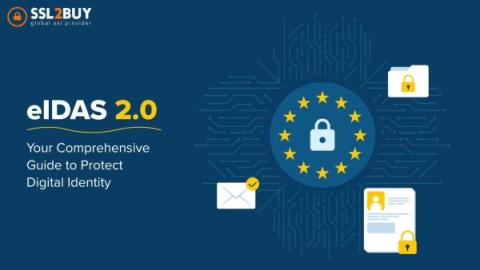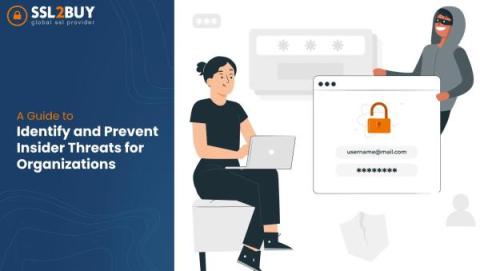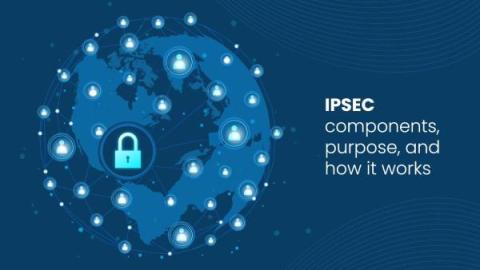What is ACME Protocol and How does it Work: A Complete Guide
You might have visited a website and seen a warning that says: “Your connection is not private.” This often happens when a website’s security certificate has expired. It is a small oversight that can harm a website’s reputation and make visitors think twice before proceeding. For website owners, managing digital certificates manually can be a real challenge. To simplify this process, the ACME Protocol was developed.



